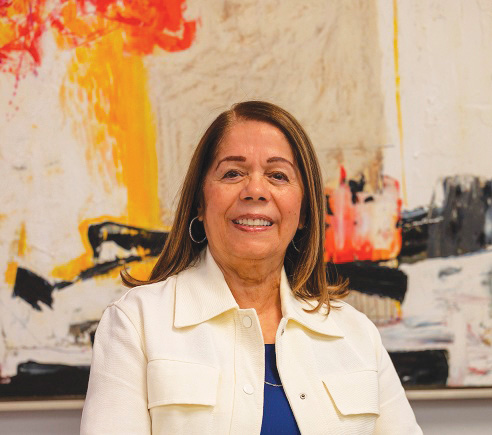Attention-deficit hyperactivity disorder (ADHD) is a familiar neurodevelopmental disorder of childhood. It is hereditary. Its presence is identified in childhood and may continue in adulthood.
Children with ADHD may have trouble focusing and concentrating, exhibit impulsive behavior, disregard the consequences, and can also be hyperactive. The diagnosis of ADHD requires medical expertise. Professionals in medicine categorize symptoms of ADHD into two groups: inattentive behaviors and hyperactive and impulsive behaviors. Typically, hyperactivity declines as children grow older. When the schoolwork becomes more challenging, and there is less parental supervision of their routines, inattention becomes more apparent. Later, when they are teenagers, impulsivity may further complicate the situation.
For any parent, it is difficult to receive the diagnosis of their child having ADHD. While there is no cure for ADHD, parents can take certain steps to improve the well-being of their children. The earlier the parents intervene, the better the outcomes. An abundance of information is available on ADHD; however, some of it is inaccurate. Parents can find credible information through peer-reviewed articles, university resources, and government and nonprofit entities like Children and Adults with Attention-Deficit/Hyperactivity Disorder (CHADD).
PARTNER WITH THE SCHOOL
Upon receiving the diagnosis of ADHD and while pursuing appropriate medical treatment, parents must also partner with the child’s school. Parents’ teaming and collaborating with the child’s school will help create an environment conducive to the child’s success in school.
They keep teachers and the school informed of any major changes or events in their child’s life. By communicating regularly with the school and understanding any concerns the school may have, parents and the school work together for the child’s well-being.
LEARN POSITIVE BEHAVIOR MANAGEMENT TOOLS
Learning positive behavior management strategies is another way to provide for the well-being of the child diagnosed with ADHD. Effective behavior management strategies are key to maintaining a good relationship with the child. Parents identify specific behavior expectations in selected areas and set reasonable limits. An effective discipline approach includes rewards for suitable behavior and options such as losing privileges or time outs for misconduct. Ensuring that the child understands the connection between behavior and consequences, the parent focuses on prevention rather than reaction.
All adults in the child’s life, including the caregivers and grandparents, must work harmoniously to consistently follow effective discipline strategies in the child’s best interest. Consistency is the key.
HELP BUILD CONFIDENCE
One of the most precious gifts parents can give to their children is their time. Scheduling a particular time daily to spend with your child helps the child develop a sense of self-worth. When parents value their time with their children, the children value themselves. It boosts their selfconfidence. Parents can play outdoors, go to the grocer store or museums, or relax and read. It makes children feel special and reinforces a positive sense of self.

Parents can also catch them engaging in positive behavior. Parents can give frequent positive feedback by telling children how hard they work to achieve their desired goals. The focus should be on the effort and not the outcome. Once they have identified their children’s strengths in areas such as music, art, sports, and technology, parents can help provide opportunities for them to shine in these high-talent and interest areas. These successes raise their self-esteem.
For children with ADHD, social situations are difficult. They have a hard time making friends. Parents can discuss with their children beforehand what they may encounter at social events and how to handle situations. Adults can guide them in being friends, making friends, and playing cooperatively.
LOVE YOUR CHILD UNCONDITIONALLY
Loving children unconditionally means that parents love their children regardless of the difficulty of the situation. The parents’ love for their children is limitless and lasting. They demonstrate their unconditional love for their children by engaging in many positive activities and giving them their time.
Even if the parents are tired, parents must try to make time for their children and take a moment to acknowledge their children’s feelings of excitement or despair. Every child is born with a unique disposition and traits, and parents must accept their children as they are. Parents also set limits. Setting limits, though challenging, helps children handle difficult situations in the future. They feel safe and sheltered. Children learn their parents love them unconditionally.
To learn more about Self Development Preschool, please contact (480) 396-3522, and for the accelerated K-8 program, Self Development Academy, call Self Development Academy at (480) 641-2640.


